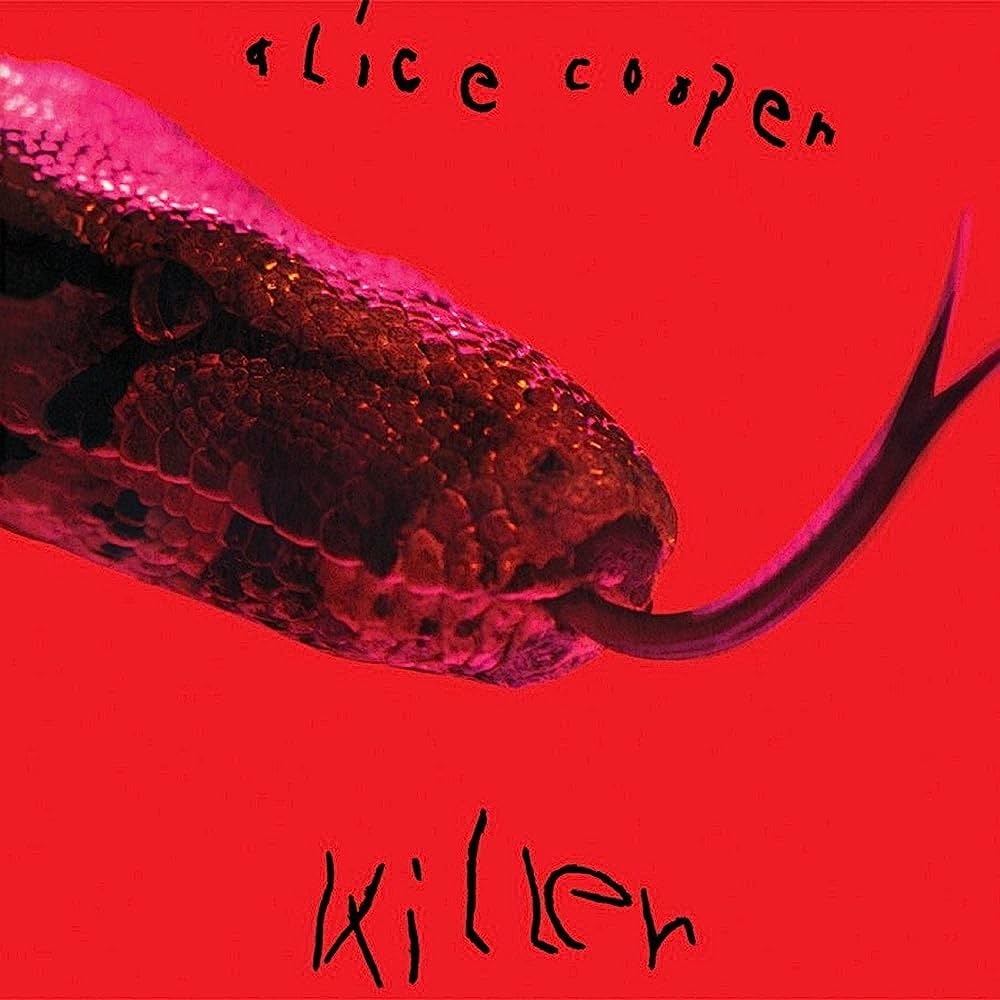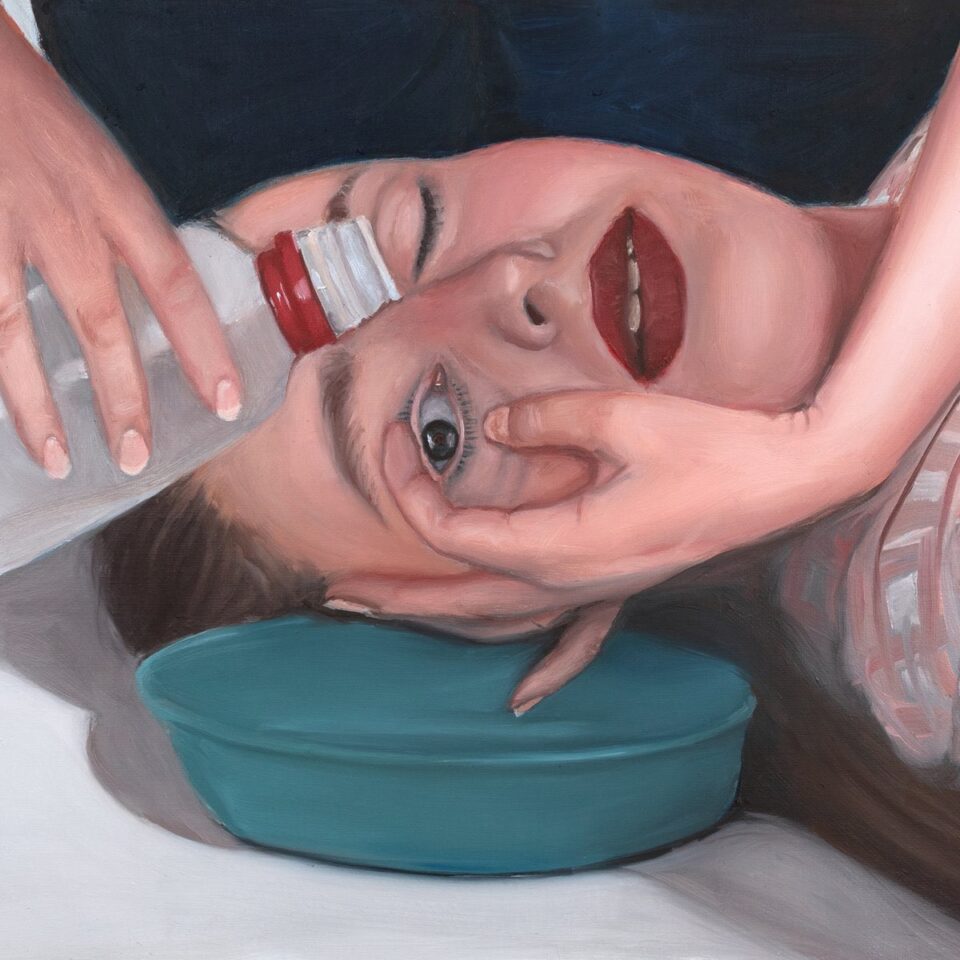Alice Cooper
Killer + School’s Out
WARNER/RHINO
The swaggering proto-punk promise of Alice Cooper—the mascara-smeared singer and his band of co-writers: Michael Bruce, Dennis Dunaway, Glen Buxton, and Neal Smith—laid bare on 1971’s Love It to Death with its mix of macabre-cinematic storylines and disgruntled-youth anthems, came to fuller fruition on 1971’s Killer and 1972’s School’s Out—both newly re-released and sonically punched-up. Taken now as a conjoined pair of menacing, neo-metal precursors to the Cooper family’s masterpiece, 1973’s Billion Dollar Babies, the aesthetic value of their early-’70s work—in one swallow—is a meal in and of itself.
Killer is Sondheimian and sinister, a West Side Story occurring between rival gangs of glam-punks and Motor City madmen on the brassy “Under My Wheels” and the slow, slithering title track, with the Doors-like “Desperado” and the kinky evil of “Dead Babies” stuck in its chewy caramel center. Oh, and is that a chunk of The Sound of Music on “Halo of Flies?” Sure, why not.
While holding still to its horror-high-school-musical vibe, School’s Out embraces its rock-out teen-anthemic spirit from the riff-heavy muck of its title tune, but heads even more deeply into theatrical waters on the noir-jazz ballad “Blue Turk,” the eerie doo-wop of “Alma Mater,” the piano-slamming “My Stars,” and "Gutter Cat vs. the Jets,” the latter a punk-ish suite where Stephen Sondheim actually gets a co-writing credit. I love 1972 for this.
On top of Alice’s own mix of lounge-lizard/cocksure swaggering vocals on Killer and School's Out, and his brotherly band’s muscular musicality, credit goes to then-recently hired producer and occasional co-writer Bob Ezrin for making these dueling dramatic rockers pop.







